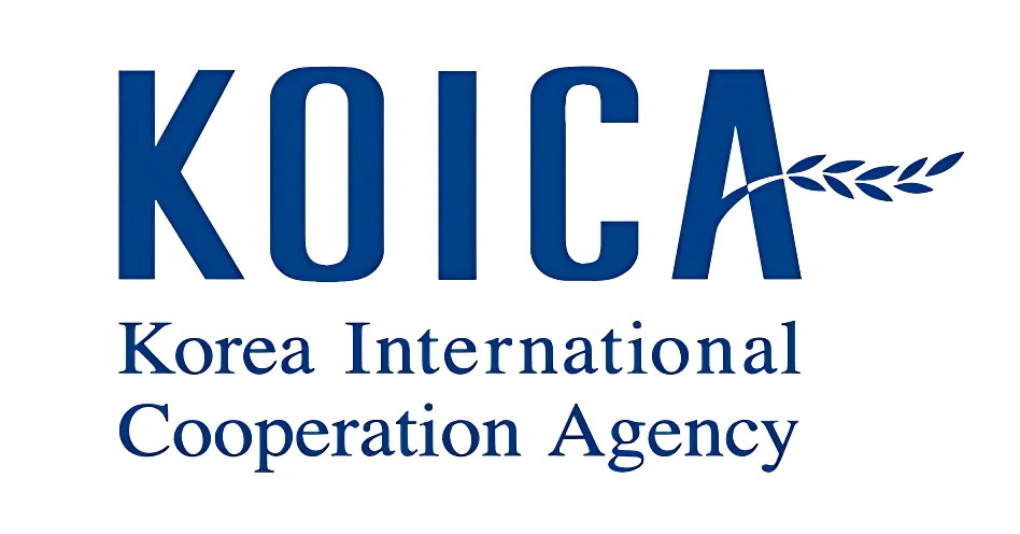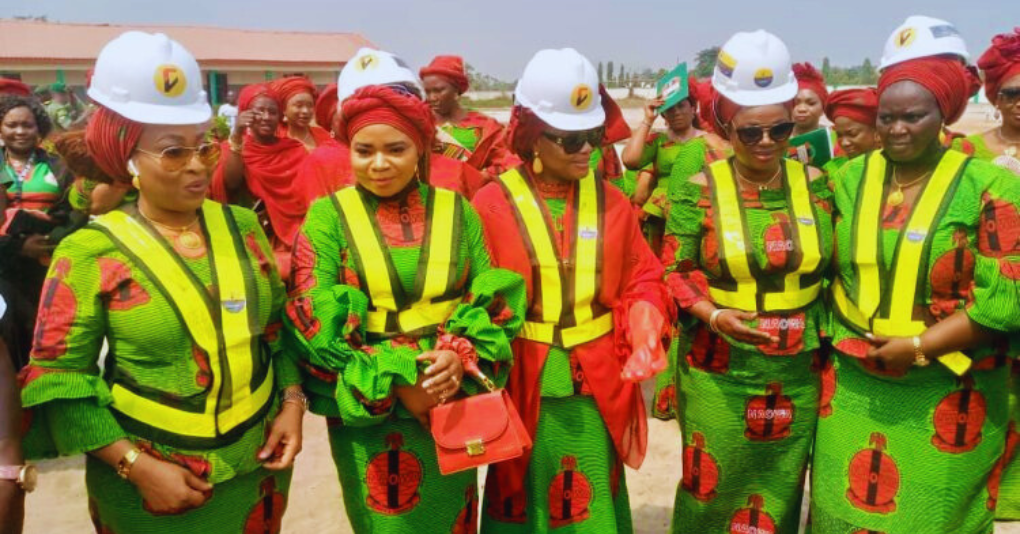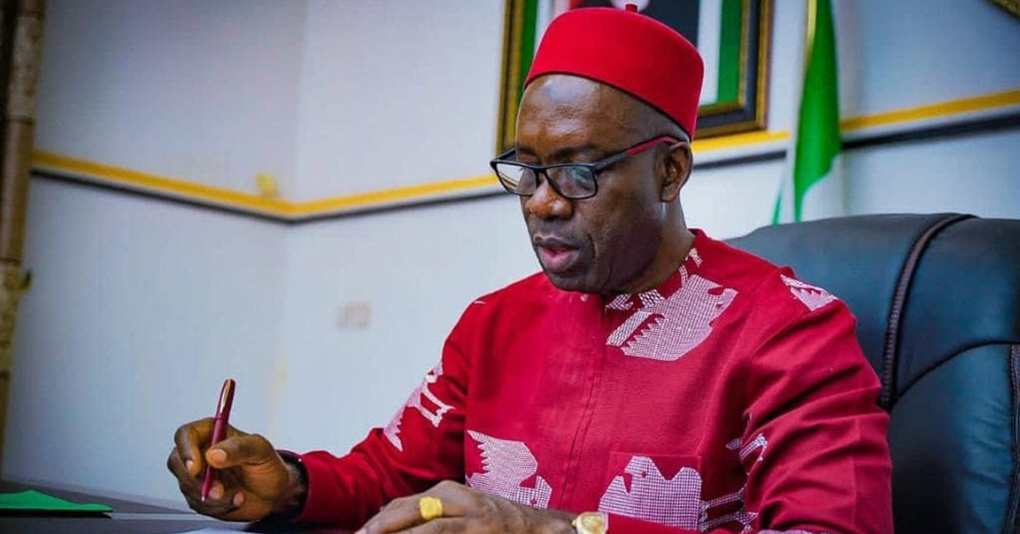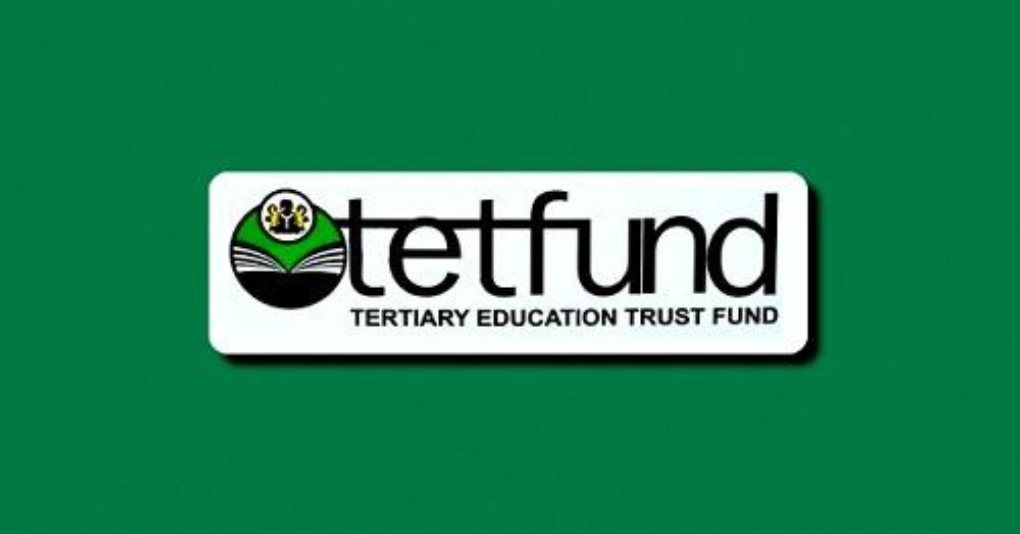Korea International Cooperation Agency, in partnership with Universal Basic Education Commission, has pledged to sustain and expand digital learning initiatives in Nigeria as the first phase of KOICA-UBEC Multimedia Education Project comes to a close.
Speaking at 2025 KOICA-UBEC Key Stakeholder Closing Workshop in Abuja, Country Director of KOICA Nigeria Office, Eunsub Kim, said the partnership has demonstrated how technology can transform the nation’s education system through innovation, collaboration, and capacity development.
He explained that the workshop is opportunity for teachers, pupils, and partners to share experiences and shape smart education in Nigeria.
Kim noted that when KOICA and UBEC first launched the initiative, the goal was to help Nigeria build a foundation for technology-based learning by equipping teachers with digital skills and encouraging pupils to learn creatively and confidently.
“We are united in our shared role of improving quality of education for Nigerian children through innovation and collaboration.
“Today, we reflect on progress made under Multimedia Education Project, share lessons, and discuss how we can sustain and build on these achievements. “This is an opportunity to learn together and shape the next smart education in Nigeria,” Kim noted.
He said through smart classrooms, content development studios, and intense training, they have seen how technology transform how we teach and how pupils think, collaborate, and solve problems.
“This shows that smart education is not about devices or connectivity, but empowering teachers, engaging pupils, and creating an environment where innovation becomes a part of everyday learning.”
As the project transitions to its next stage, Kim noted the need to focus on sustainability and scalability.
“Our focus must shift from implementation to sustainability and scale,” he said.
“KOICA remains fully committed to supporting Nigeria’s vision of inclusive and technology-driven education. Together, we can ensure that every child, regardless of background, has access to the skills and opportunities needed to succeed in a digital world.”
Also, the Director of Planning, Research and Statistics at UBEC, Mr. Osahon Igbinoba, who represented the Executive Secretary of UBEC, described the Smart School concept as a viable model for educational transformation aligned with global best practices.
Mr. Igbinoba also commended the winners of the Smart Education competition held during the workshop, encouraging them to continue striving for excellence.
He added that the Smart School concept is a viable model for educational transformation that aligns with global best practices toward well-displaced and inclusive learning.
“Nigeria cannot be left behind in this technological age. Though there are challenges, they are surmountable, and based on what we have seen, I believe we will get there soon.”
“On behalf of the Executive Secretary, I congratulate the winners,” he said. “To deepen this initiative, they need to work harder to achieve the set objective of digital learning in Nigeria. To other competitors, please continue to work hard.
He lauded KOICA and other partners for their continuous support in delivering smart and inclusive education in Nigeria.
The Project Management Consultant of the Ubion Consortium, Professor Dae Joon Hwang, called on the need for Nigeria to strengthen infrastructure and develop a clear implementation framework to ensure the success of its education innovation and digital transformation agenda.
Prof. Hwang emphasised that creating master plans and concrete implementation strategies is vital to achieving sustainable digital education reform.
“Creating master plans and developing concrete implementation strategies are crucial to successful education innovation through digital transformation in Nigeria,” he said. “This includes improving infrastructure, capacity building, educational content, school information systems, and performance evaluation.”
Prof. Hwang noted that special attention must be given to ensuring a robust internet connection as well as a stable supply of electricity and water, describing them as essential to the effective operation of smart schools and other digital learning environments.
He urged the government and stakeholders to leverage the achievements of the first phase of the KOICA Education Project to accelerate the ongoing digital transformation of Nigeria’s education sector.
“We must build on the outcomes of the first phase to expedite digital transformation in Nigeria’s education system,” he added.
Highlighting the importance of capacity building, Prof. Hwang called for the creation of a two-tier training strategy for teachers and school leaders to develop a critical mass of educators capable of sustaining innovation.
“We can build a sustainable base for education innovation by adopting a two-tier capacity-building strategy, focusing on both teachers and school leadership across Model Smart Schools (23) and Effective Schools (111),” he explained.
The consultant also stressed the need to strengthen community and institutional support systems, promoting wider participation in education innovation.
“We must promote social support for quality education and digital transformation through active involvement of parents, School-Based Management Committees (SBMCs), Education Technology Learning Communities (ETLCs), and academia,” he said.
Share this post





Be the first to comment on this post